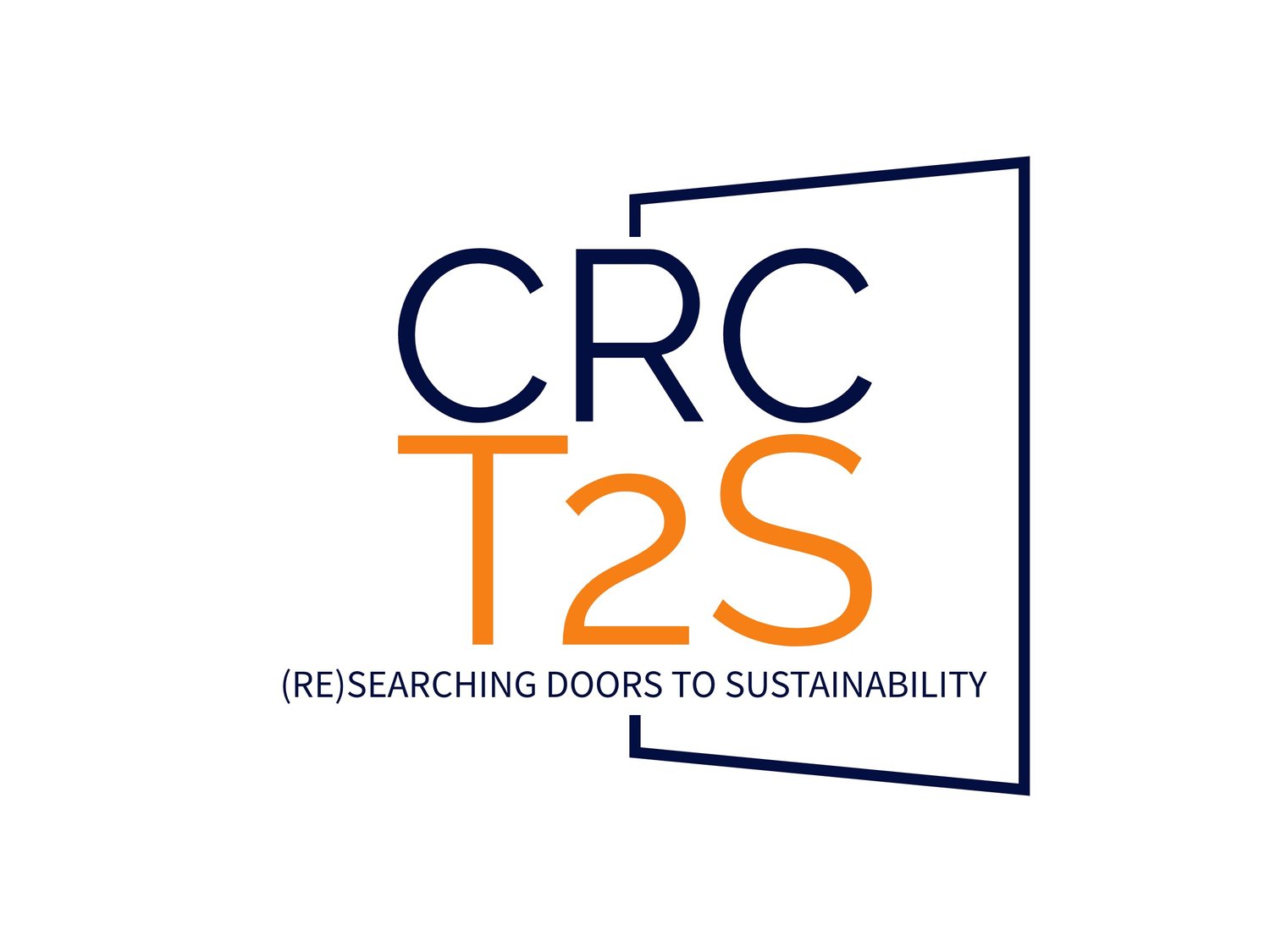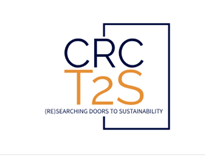Project description
In this PhD dissertation, Beling developed a comprehensive, in-depth analysis of the discursive field of sustainability transition in two case studies of the Global North and South, as a basis from which to derive research hypotheses and building or strengthening current research programs in the field of sustainability transition, laying the foundational stone for his current theoretical research agenda, namely rethinking sustainability transition governance by unveiling working mechanisms at the interface between politics and culture. In addition to mapping the field of socio-ecological debates and offering insights into future research paths, this PhD thesis features three theoretical-methodological innovations: first, it contributes to the further operationalization and geographical diffusion of the Sociology-of-Knowledge Approach to Discourse (SKAD), a framework developed by German sociologist Reiner Keller since the late 1990s, drawing on the Weberian hermeneutic and German phenomenological tradition. Secondly, it combines this framework for semantically analyzing discourse with J.C. Alexander’s Cultural Pragmatics, which looks at discourse as social practice, enabling an analysis of the “walking and talking discourse”. And thirdly, it combines both approaches mentioned as a way of operationalizing the sociological Theory of Collective Learning developed mainly by German sociologists Klaus Eder and Max Miller, which offers a theoretical account of sociocultural evolution.
Abstract
Over the past decades, the imbrication of the multiple social and ecological crises across the globe has become increasingly apparent, creating an imperative for “risk societies” worldwide to undertake fundamental transformations to the model of social organization shaped after the modern cultural imaginaries of the affluent Global North, in line with planetary ecological boundaries and varyingly defined parameters of social stability and justice. However, international and local governance efforts aimed at bending global developmental trajectories to “fair and sustainable” pathways have proven largely futile, while resource-consumption and biosphere degradation have generally rather been reinforced and accelerated. This theoretical cum empirical dissertation enquires into the structural reasons constraining change agents, thus preventing them from advancing social-ecological transformations, and considers possible ways forward.
Departing from the theoretically substantiated premise that the conventional conceptions of agency in social change theories lack elasticity to account for the type of agency required to advance a societal transformation proportionate to the challenges of the Anthropocene, this dissertation identifies conditions of possibility for the emergence of a transformative agency capable of advancing socio-ecological real utopias towards sustainability. The re-habilitation of the concept of real utopia (Ernst Bloch) is intended to work against the self-censorship of imagination that permeates mainstream current politics and culture in addressing sustainability issues.
The study draws on the theoretical perspective of collective learning, looking at fundamental reconfigurations of cultural and socio-cognitive matrixes that open new avenues for understanding ‘sustained unsustainability’ beyond dominant yet sterile rationalist explanations such as the so-called ‘value-action gap’, and illuminate pathways forward towards effective, transformative interventions through the transformation of contexts of cultural representations and practices. For operational purposes, a post-structuralist approach to discourse change is thus deployed as a proxy of collective learning. The methodological framework integrates a multi-source-based synchronic and diachronic reconstruction of the empirical fields of observation with Reiner Keller’s Sociology of Knowledge Approach to Discourse (SKAD) and J.C. Alexander’s dramaturgical heuristics.
The thread of the dissertation unfolds as follows: First, the structural constraints of micro-level agency driving process of transformational social learning and change are explored and systematized on a conceptual-theoretical level, drawing on agency-based theories of social change. A twofold the predicament of the “conflicted agent” and the “missing agent” is conceptualized as structural hindrance constraining agency.
In order to find out how agency can overcome its own restrictions towards an enhanced transformative potential, two empirical ongoing processes of radical discursive contestation around social-ecological utopias are researched as case studies: the German debate around a “Great Transformation” and the Ecuadorian and Bolivian debate on “Buen vivir”, as exemplary discourses of transformation in the Global North and in the Global South, respectively. The case studies address both the ideational and practical dimensions of these utopian discursive enterprises in heterogeneous networks of deliberation and collective action. Looking at the repertoires of both practices and representations at play in these debates, insights could be gained into how the predicament of micro-level agency is sorted out through forms of subrogatory and hybrid agency, enabled through institutional support structures at the meso-level, such as cultural diffraction mechanisms for socially inclusive opportunities for alternative subjectivation and identification, and institutional (material) infrastructures shielding transformative agents from cultural, political, and economic conformity pressures, and enhancing their leverage over culture and (sub)politics. Data supporting these findings came mostly from the analysis of discursive practice.
The data from discursive representations, in triangulation with state-of-the-art literature, further revealed superordinate constraints weighting over transformative agency and constraining collective learning at the macro level: cultural, material, and political factors locking-in current development trajectories, thus trivializing much of the efforts attempted at lower levels.
Even though researching these macro-level constraints beyond the level of discursive representations was beyond the empirical scope of this research, the problematization of the trilogy agency-learning-transformation from a macro-perspective helped gaining a holistic understanding of the blockades facing the required societal changes, and the implications thereof for sustainability governance. The dissertation thus finishes combining the two perspectives of convergent micro- and macro-level predicaments of transformative agency, which unambiguously points at a cul-de-sac of the concept of governance itself. While improvements to governance remain crucial to ‘manage the unavoidable’ and ‘avoid the unmanageable’ consequences of global changes in the Anthropocene, the logic of governance appears inherently incapable of paving the way towards the Polanyian-scale social ecological “Great Transformation” of human societies required to contain the quickly expanding realm of the ‘unmanageable that is unavoidable’ and facilitate the emergence of resilient structures to cope. This acknowledgement led to formulating the conceptual-theoretical innovation of para-governance as an alternative (largely conflicting) logic and empirical complement to governance: a form of intervention which, often counter-balancing the logic of governance, creates conditions for high-intensity collective learning, and therethrough the conditions of possibility for an effective governance in the Anthropocene.
Related Publications
Beling, Adrian E. (2019) “Unravelling the Making of Real Utopias: Debates on ‘Great Transformation’ and Buen Vivir as Collective Learning Experiments towards Sustainability.” PhD Dissertation, Humboldt-Universität zu Berlin. Online Server, Humboldt-Universität zu Berlin. https://doi.org/10.18452/20387
Vanhulst, J., & Beling, A. E. (2019). “Post-Eurocentric Sutainability Governance. Lessons from the Latin-American Buen vivir experiment”, en A. Kalfagiani, D. Fuchs & A Hayden (eds). Routledge Handbook of Global Sustainability Governance, London, Routledge, ISBN 978-1-138-04828-7. URL: https://www.routledge.com/Routledge-Handbook-of-Global-Sustainability-Governance-1st-Edition/Kalfagianni-Fuchs-Hayden/p/book/9781138048287
Beling, A. E. (2019). Sinergias Sur-Norte para una ‘transición civilizatoria’ a la sustentabilidad. Propuesta para un diálogo de saberes entre Buen Vivir, Decrecimiento, y Desarrollo Humano. Revista Colombiana de Sociología, Vol. 42 (2).
Beling, Adrian E., Julien Vanhulst, Federico Demaria, Violeta Rabi, Ana Estefanía Carballo, and Jérôme Pelenc (2018). Discursive Synergies for a ‘Great Transformation’ towards Sustainability: Pragmatic Contributions to a Necessary Dialogue between Human Development, Degrowth, and Buen Vivir. Ecological Economics 144: 304–13.
Beling, A.E., Carballo, A.E., Vanhulst, J. (2018). Discursive synergies toward socio-ecological transition, Blog Degrowth.info, 18.01.2018: https://www.degrowth.info/en/2018/01/discursive-synergies-toward-socio-ecological-transition-contribution-for-a-dialogue-between-degrowth-human-development-and-buen-vivir/
Beling, Adrian E. (2016) “Límites y potencialidades de la teoría del reconocimiento como génesis de la gramática moral de la sociedad frente al cambio climático global”, en Luna Bravo, J. L., Beling, A.E. y Bonet de Viola, A. M. (Eds.) Pluralismo e interculturalidad en América Latina en tiempos de Globalización, Buenos Aires: Grama
Beling, Adrian (2014) “Post-Euroamerican Globalization and Environmental Crisis: Double-Faced Challenge for the Social Sciences in the 21st Century”, in Fulquet, G., C. Janz & A. Kumar (Eds.). Analyzing Globalization in the 21st Century. Palm Leaf Publication, New Delhi

